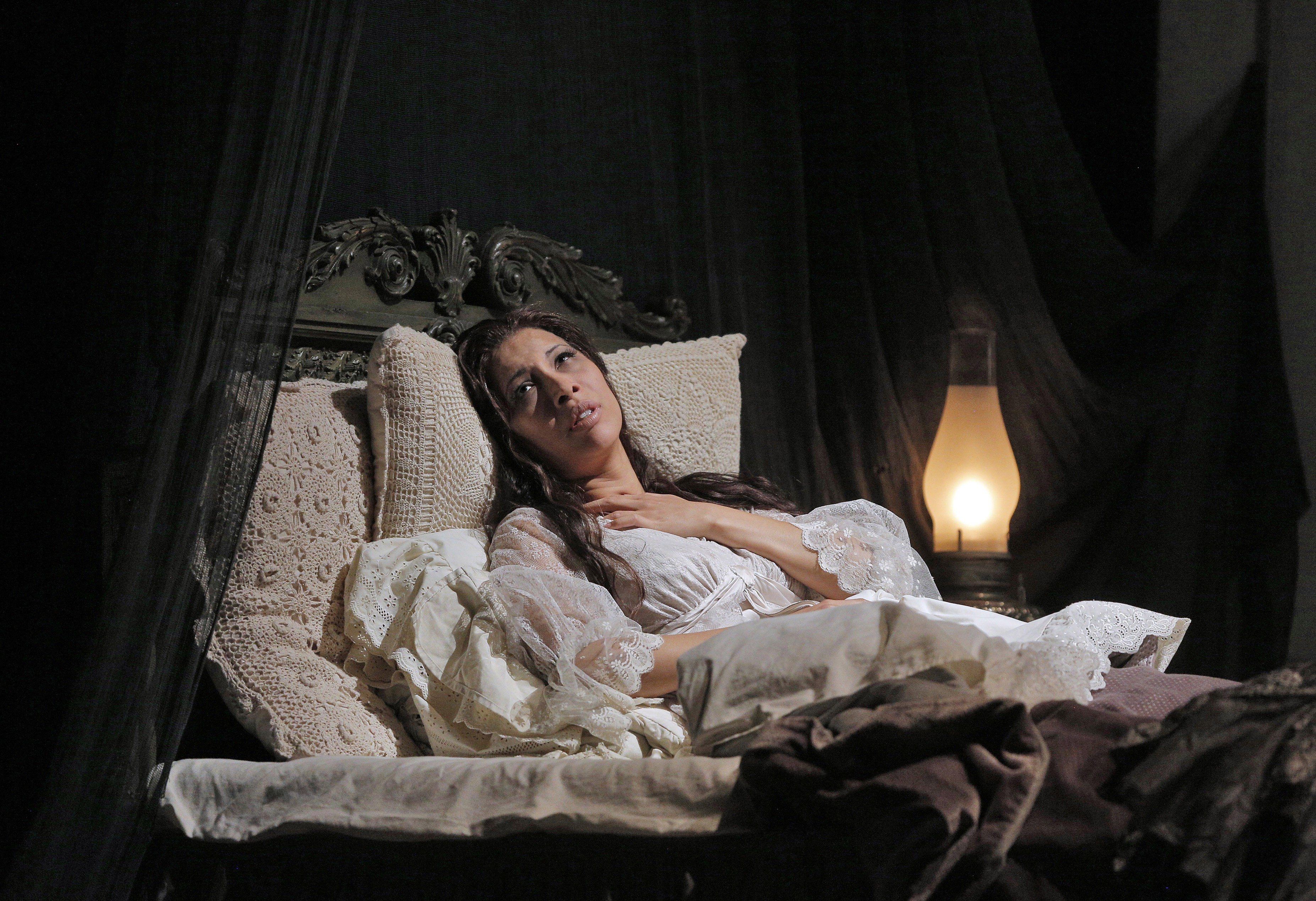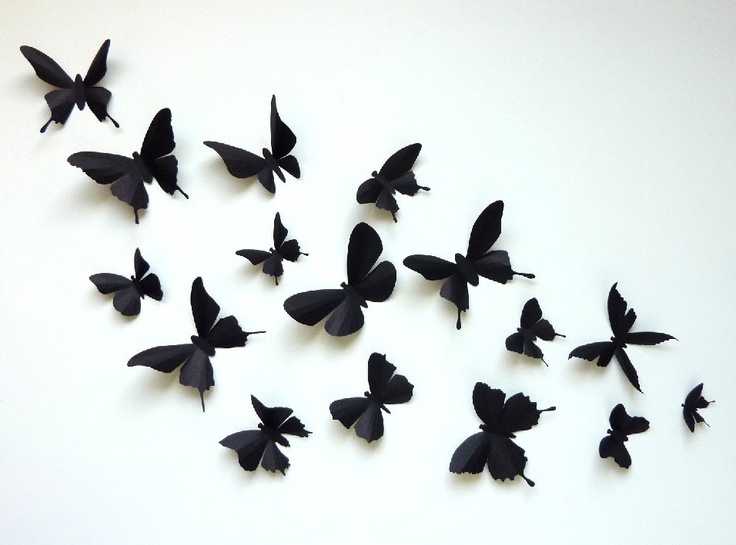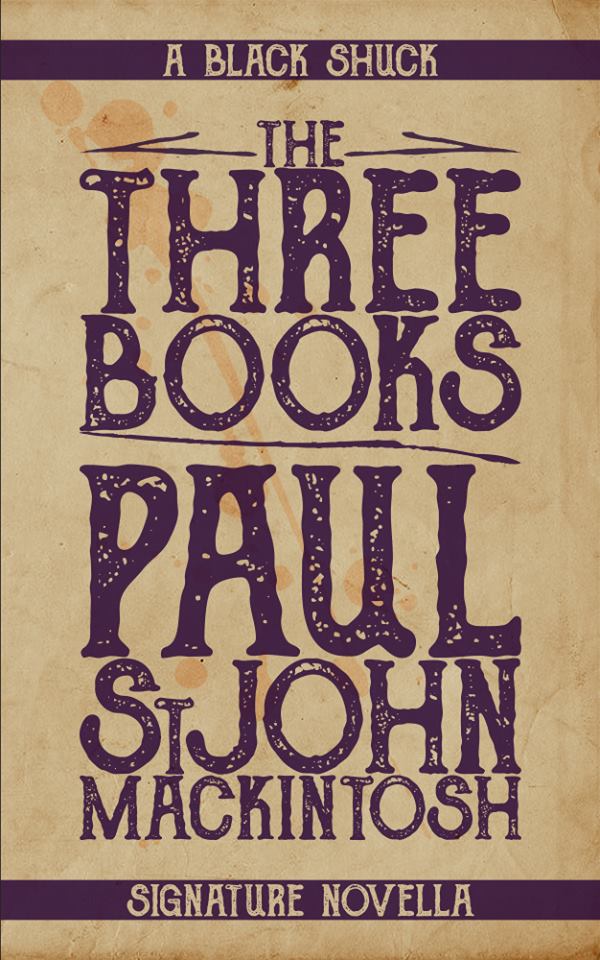New poem

Death and the Diva
Phaedra, ravished by the sun
in her blood, and due disgrace,
threw over her stepson
to court a more entire embrace.
Carmen flung off her mantilla
for a shroud, to sample keener
pangs than she felt from her killer,
so thrilled, for all her proud demeanour,
she wooed the knife destined to spill her
hourglass figure in the arena.
Violetta, in one last orgasm
of song, descanted her assumption
scaled in a final tonic spasm,
whelmed in a red tide of consumption.
And Juliet found satiety
in her tomb, an end so sweet,
ardently as Semele
writhing in a carnal heat.
New poem

This is actually a variation on a French original by Albert Giraud from “Pierrot lunaire.” The bizarre thing is I’d forgotten the original completely when I wrote this.
Black Butterflies
The sinister black butterflies
arise at twilight, taking flight
to flutter under pallid skies
in utter quiet and alight
on ashen lawns, a pall that lies
across grass sickened by their blight.
Crepuscular, in subfusc guise,
vespertine harbingers of night,
their ultrablack scales’ dust deep-dyes
the Stygian scene to blot out sight;
probosces suck up blood that dries
in clotted pools absorbing light.
Evening, exsanguinated, dies,
leached lifeless by a thirsty flight
of sinister black butterflies.
New poem
For some unknown reason, I forgot to put this on here when I first wrote it. Rectified.
The Death of Seamus Heaney
My inspiration kicked in right on cue:
these opening lines, written on the back
of my copy of his own ‘Opened Ground’
with a change of pen ink halfway down,
observed the classic, tragic unities
of one catastrophe, one time, one place.
And is it so always the artist’s way
to fall passionately for their medium?
Hodler or Monet at their loves’ bedsides,
painting ceaselessly, automatic hands;
the mason’s chisel slides out of the groove
as he stares transfixed at the epitath.
I’m going out to get royally drunk
tonight in honour of a dead king
known by his signs: he had the common touch
that cured the Evil, passed incognito
among his subjects, wearing the disguise
of a plain and simple honest man.
The earth, his mother goddess, takes him back
within herself, to lie beneath the hills
with the Daoine Sidhe in the mounds:
the giant bones that formed Old Ireland
articulating landscape, making sense
of place, sinewed and sweetly fleshed with names.
A fabulous review of “The Three Books”
My latest novella, “The Three Books,” got a superb review on This is Horror. I’ve copied the entire text below. Read and enjoy!
Book Review: The Three Books by Paul StJohn Mackintosh
May 25, 2018
Paul StJohn Mackintosh is one of those writers who just seems to quietly get on with the business of producing great fiction. Though he may not be a name immediately recognisable by those who enjoy genre, he is nevertheless a prolific and widely published author. With a career spanning quite a few years, he has produced shorts, novellas, and poems in a wide array of styles and venues and is also a translator and reviewer. If you haven’t yet read any of his work, then you really must rectify that; and where better to start than his most recent release, The Three Books through Black Shuck Books.
Firmly situated in the literary/quiet end of the horror pool, this novella is a subtly affecting look at a variety of themes. Some of these include the cult of celebrity, the hypnotic power many famous—and infamous—people have over others, and the often pathological and sociopathic mindset displayed by driven, gifted individuals. It is also a love letter of sorts to books, writing, and the process of creativity itself.
Beginning with our protagonist, Sophia Amory, we meet her as she is preparing to examine the legend of one Desmond Carvill, a mysterious poet, for her university post-grad assignment. Carvill has been incognito for years, and a shroud of nebulous rumour and speculation hangs over his whereabouts and activities. He is the author of two highly-acclaimed volumes of poetry, and a disappointing third which many regard as not even having been produced by his genius. Sophia’s searches and investigations throw up ever more mysterious and strange myths surrounding the poet; and then, she is suddenly offered the chance to actually meet him. In agreeing to the stringent and binding terms of a contract, she puts herself on a journey which takes her into the very heart of dark desire and creativity.
Straight off, the story is beautifully written. The prose, the clean and measured writing draws the reader in with ease. We are introduced to Sophia via a quick few paragraphs of back-story and exposition, before a number of key scenes flesh out her character. She is someone who is deeply in love with the world of fiction, a substitute for a lonely childhood. It is inevitable that an individual like her would be drawn to the charismatic figure of Carvill. There is the sense that she is searching for meaning and purpose in her literary endeavours, and in life, and is possibly prone to hanging her needs on less than stable pegs. And where Carvill is concerned, she starts to display what amounts to obsessional behaviour. No-one can dissuade her from her task; not her friends, not the dissertation committee.
Mackintosh ensures the story never veers too far from Carvill, even before he takes the stage. Right from the start, his enigmatic presence haunts and infuses the book. In fact, he doesn’t appear until nearly halfway through the story. In the build up to this anticipated meeting, we follow Sophia and her amateur investigation. An investigation which uncovers far more than anyone else has ever been able. It might almost seem contrived except there is the lingering sense Sophia was meant to find this man. Not in any predestined way, but, without spoiling the latter part of the book, in that she is the type of ‘muse’ he goes for. This sense of subtle suggestion and ambiguity permeates the novella. Nothing is necessarily straightforward; there are layers and layers of meaning to be had, as long as the reader is prepared to dig a little. Beneath the skin, one might say…
For example, on the surface, the relationship between Carvill and Sophia—once they meet—might seem, at first glance, to lie in the realms of gothic romance. Erotic fantasy, only far better written than most. Yet as the finale slowly looms, and the final outcome begins to coalesce, it is clear Carvill is a predator. He is charismatic, yes, but he is also narcissistic, serving only his own needs and desires like any true psychopath. It soon becomes clear—to those readers who are sharp of eye—that Carvill is a most dangerous manipulator. Deadly, in fact. It gives the story a weighty amount of the psychological thriller. Yet it is also definitively a horror story. Perhaps this is another example of its multi-layered aspect; it can be read by a wide variety of reader who might see different things from others. And though it shifts into very dark territory towards the end—recalling the finale of the film Martyrs to similar great effect—it doesn’t feel jarring or shoehorned in. It works in context and from what has preceded it. But regardless of how it is read, it is a story which remains in the mind long after it’s finished. Yes, the themes and content could easily be examined on a far larger canvas (hopefully not one like those in the book), and there is enough here for a novel-length work. But equally, this version of the story as presented is perfect for its aims. And that, ultimately, is the hallmark of a great story; no matter how dark or unpleasant it gets, if it is well-written and conceived, the reader will always want more.
The first in Black Shuck’s Signature Novella series, it’s a fine start to the run. And as an introduction to Mackintosh’s work, it’s an excellent showcase for his obvious talents. His writing, his imagination, his ability to lay out a well-paced and intricate story in only 100 pages is a great testament to his skills. Here’s to more from this writer, and—hopefully—to longer works.
PAUL MICHAELS
Publisher: Black Shuck Books (Great British Horror)
eBook: (108 pps)
Release Date: 9 April 2018
My new novella, “The Three Books”
Steven J. Shaw, publisher of Black Shuck Books, has kindly decided to take a chance on my novella “The Three Books,” which will be appearing under his new Black Shuck Signature Novellas imprint in March 2018. I’m very proud of this one, and glad to have it in such good hands.
[Top]My new story collection at Egaeus Press – The Echo of The Sea & other Strange War Stories
Egaeus Press, creator of very fine quality collectible editions, has announced my latest short story collection, The Echo of The Sea & other Strange War Stories. It’s up to their usual impeccable standard, and I couldn’t be prouder. Available for order now!

[Top]
My article “The Lovecraft Legacy” on Greydogtales
My article on Lovecraft, N.K. Jemisin, and other current Lovecraftian controversies, on Greydogtales.
[Top]
Worldcon 75: Horror and the World Fantasy Award
My writeup of the Worldcon 75 panel on “Horror and the World Fantasy Award” on Teleread.
[Top]Horror at Worldcon 75!
My writeup of the Worldcon 75 panel “History and Evolution of Horror” on Teleread here.
[Top]

